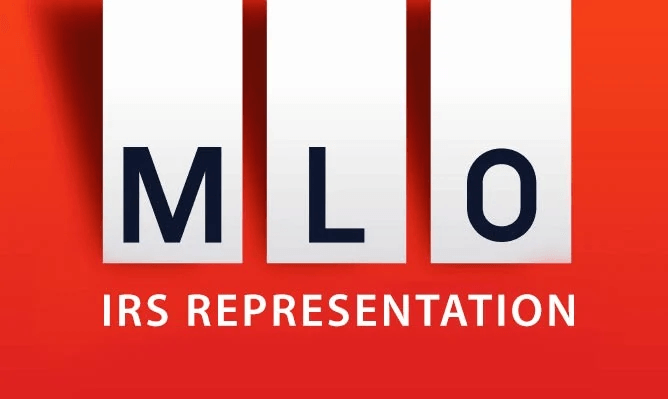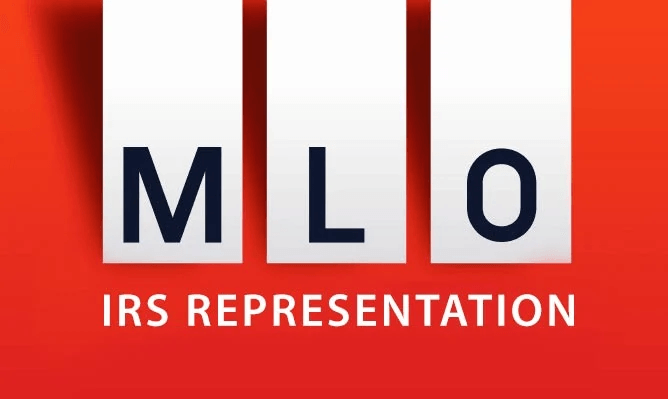Liens
Liens can be a significant source of frustration. They can prevent you from buying or selling a house and they ruin your credit. Luckily, there is much that can be done to ease the burden of, or completely eliminate it.
This is a type of debt that allows the one to whom you owe money to take your property if you do not pay off the debt as agreed. For example, a mortgage agreement creates a lien on a home in favor of the bank that lent the money. Notice of existence of this is generally filed along with the deed.
If you do not pay your monthly payment, the bank can take your home. This is commonly known as a foreclosure. Another common scenario might involve a car. If you finance a car, the financier can take the car if you do not pay your monthly payment. The existence of a car lien is usually notated on the title of the car.
It is within this context that we can understand the lien. This gives the Internal Revenue Service the right to take your property if you do not pay off the debt. It arises automatically (usually during or before an audit) and becomes a lien on all of your property as of the moment you fail to pay your tax bill when it is due or have unfiled returns.
However, the Internal Revenue Service will have difficulty taking your property unless they first file a document called a Notice of Federal Lien in the county in which you live. This Notice acts in the same manner as the notice of mortgage loan with the deed and the notation of the car loan on the title.
(learn more about innocent spouse relief) There are several ways a Dallas tax attorney at Margolies Law Office can help you with your Internal Revenue Service issues, many of which do not require you to pay off your debt.
Liens can be a significant source of frustration. They can prevent you from buying or selling a house and they ruin your credit. Luckily, there is much that can be done to ease the burden of, or completely eliminate it. This is a type of debt that allows the one to whom you owe money to take your property if you do not pay off the debt as agreed. For example, a mortgage agreement creates a lien on a home in favor of the bank that lent the money. Notice of existence of this is generally filed along with the deed. If you do not pay your monthly payment, the bank can take your home. This is commonly known as a foreclosure.
Another common scenario might involve a car. If you finance a car, the financier can take the car if you do not pay your monthly payment. The existence of a car lien is usually notated on the title of the car. It is within this context that we can understand the lien. This gives the Internal Revenue Service the right to take your property if you do not pay off the debt. It arises automatically and becomes a lien on all of your property as of the moment you fail to pay your tax bill when it is due or have unfiled returns. However, the Internal Revenue Service will have difficulty taking your property unless they first file a document called a Notice of Federal Lien in the county in which you live. This Notice acts in the same manner as the notice of mortgage loan with the deed and the notation of the car loan on the title. There are several ways an IRS Lawyer at the Margolies Law Office can help you with your Internal Revenue Service issues, many of which do not require you to pay off your debt.
Obtain a Certificate of Release
This can be achieved if the debt is paid off in full or if it has become legally unenforceable (i.e., the statute of limitations has expired) or if you submit a bond that is conditioned on payment of the debt.
Obtain a Certificate of Discharge
This can be achieved even if you do not pay off your debt (look at installment agreements) and will free up your property so you can sell it. Several conditions must be met.
Obtain a Certificate of Subordination
Under certain circumstances, the Internal Revenue Service will agree to subordinate its lien. This will enable you to, among other things, get credit or buy a house.
Withdrawal Notice
Until the Internal Revenue Service files the Notice, it has no effect on your credit and will generally not affect your life in any way. Once it is filed, your credit suffers, and you will not be able to buy or sell a house, among other things. If certain conditions are met, the Internal Revenue Service will agree to “unfile” the notice. In most cases, this will result in completely erasing it from your credit report.
Call (972) 284 1889 to speak with us about your Lien.
Liens
Liens can be a significant source of frustration. They can prevent you from buying or selling a house and they ruin your credit. Luckily, there is much that can be done to ease the burden of, or completely eliminate it. This is a type of debt that allows the one to whom you owe money to take your property if you do not pay off the debt as agreed. For example, a mortgage agreement creates a lien on a home in favor of the bank that lent the money. Notice of existence of this is generally filed along with the deed. If you do not pay your monthly payment, the bank can take your home. This is commonly known as a foreclosure.
Another common scenario might involve a car. If you finance a car, the financier can take the car if you do not pay your monthly payment. The existence of a car lien is usually notated on the title of the car. It is within this context that we can understand the lien. This gives the Internal Revenue Service the right to take your property if you do not pay off the debt. It arises automatically and becomes a lien on all of your property as of the moment you fail to pay your tax bill when it is due or have unfiled returns. However, the Internal Revenue Service will have difficulty taking your property unless they first file a document called a Notice of Federal Lien in the county in which you live. This Notice acts in the same manner as the notice of mortgage loan with the deed and the notation of the car loan on the title. There are several ways an IRS Lawyer at the Margolies Law Office can help you with your Internal Revenue Service issues, many of which do not require you to pay off your debt.
Obtain a Certificate of Release
This can be achieved if the debt is paid off in full or if it has become legally unenforceable (i.e., the statute of limitations has expired) or if you submit a bond that is conditioned on payment of the debt.
Obtain a Certificate of Discharge
This can be achieved even if you do not pay off your debt (look at installment agreements) and will free up your property so you can sell it. Several conditions must be met.
Obtain a Certificate of Subordination
Under certain circumstances, the Internal Revenue Service will agree to subordinate its lien. This will enable you to, among other things, get credit or buy a house.
Withdrawal Notice
Until the Internal Revenue Service files the Notice, it has no effect on your credit and will generally not affect your life in any way. Once it is filed, your credit suffers, and you will not be able to buy or sell a house, among other things. If certain conditions are met, the Internal Revenue Service will agree to “unfile” the notice. In most cases, this will result in completely erasing it from your credit report.
Call (972) 284 1889 to speak with us about your Lien.
Free Consultation
We will get back to you as soon as possible.
Please try again later.
SIGN UP FOR OUR NEWS LETTER
We will get back to you as soon as possible.
Please try again later.
Copyright © MLO IRS Representation 2021.

